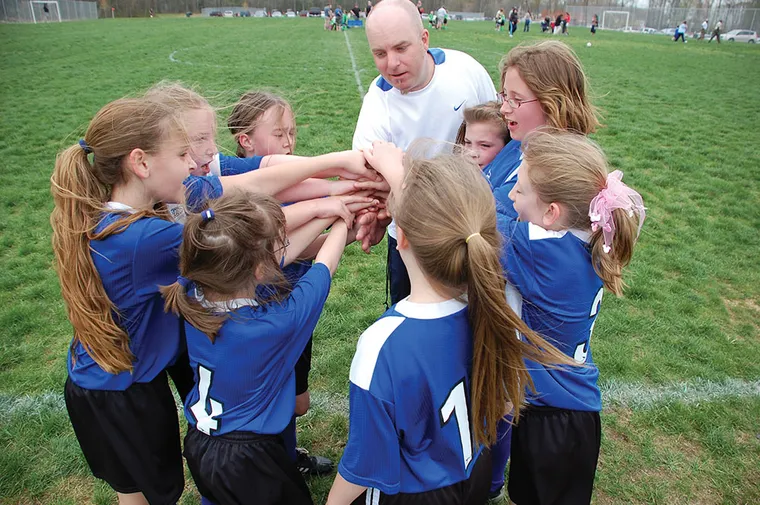How coaches’ positivity impacts much more than performance
In the world of youth sports, where developing skills and building character go hand in hand, the coach’s role is critical. Coaches are more than instructors; they are mentors, motivators, and role models. And among the many qualities that define a successful coach, one stands out as especially transformative: enthusiasm. Enthusiastic leadership in youth sports is not only about energy on the sidelines or high-fives after a goal—it's about creating an environment that fuels passion, confidence, and resilience in a program’s young athletes.
I remember the great, enthusiastic coaches I had. In particular, I’ll never forget my experience as a 12-year-old baseball player—my first coach went beyond simply showing up and teaching skills. At the first practice, he asked all the kids on the team to take a lap around the field to loosen up. Before anyone had time to get started, he began running, and he challenged us to catch up to him! I had never seen an adult jump in like that. Immediately, all my new teammates started running. Everyone laughed at the coach as he maintained his pace ahead of us, saying he was old but still beating us all. It was a powerful bonding moment, and we gelled as a team immediately.

